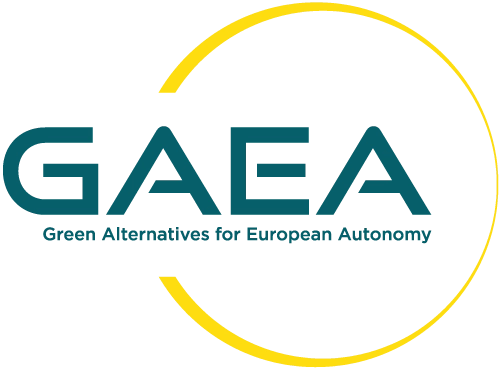Welcome to the “Design of Products and Services for the Circular Economy” thematic category within the GAEA (Green Alternatives for European Autonomy) Open Innovation Program!
This Innovation Area is at the forefront of a paradigm shift from traditional linear economic models to a more sustainable, circular economy. Our focus is on fostering solutions and business models that embody the essence of circularity, where the lifecycle of products is extended, waste is minimized, and the value of resources is maximized.
In today’s world, the urgency for sustainable practices is more evident than ever. The circular economy presents a promising pathway, rethinking how we design, produce, and consume products and services. It challenges the conventional ‘take-make-dispose’ model, advocating for a systemic change where every product is designed with its entire lifecycle in mind. This approach is not only environmentally prudent but also offers significant economic and social benefits.
Emphasizing product life extension strategies such as repairing, remanufacturing, and recycling, this thematic category aims to transform the way products are conceived. It encourages the design of products that are easier to maintain, repair, and repurpose, thus significantly extending their useful life. Additionally, the concept of ‘product as a service’ is another pivotal aspect of this Innovation Area. It reimagines ownership and usage patterns, promoting access over ownership and encouraging shared use of resources.
This Innovation Area also places a strong emphasis on developing new business models that facilitate resource recovery and encourage a sharing economy. These models are essential in creating a more resource-efficient society, where products and services are designed and utilized to reduce waste and conserve resources.
This Innovation Area is addressed to:
- Individuals from Business, Finance, Marketing, Technology, and Engineering academic sectors studying or recently completed their studies (up to four years) in any European University
- Researchers and/or Ph.D. students in any relevant to the Innovation Areas science fields from any European University
who have or want to develop an innovative idea for Design of Products and Services for the Circular Economy.
